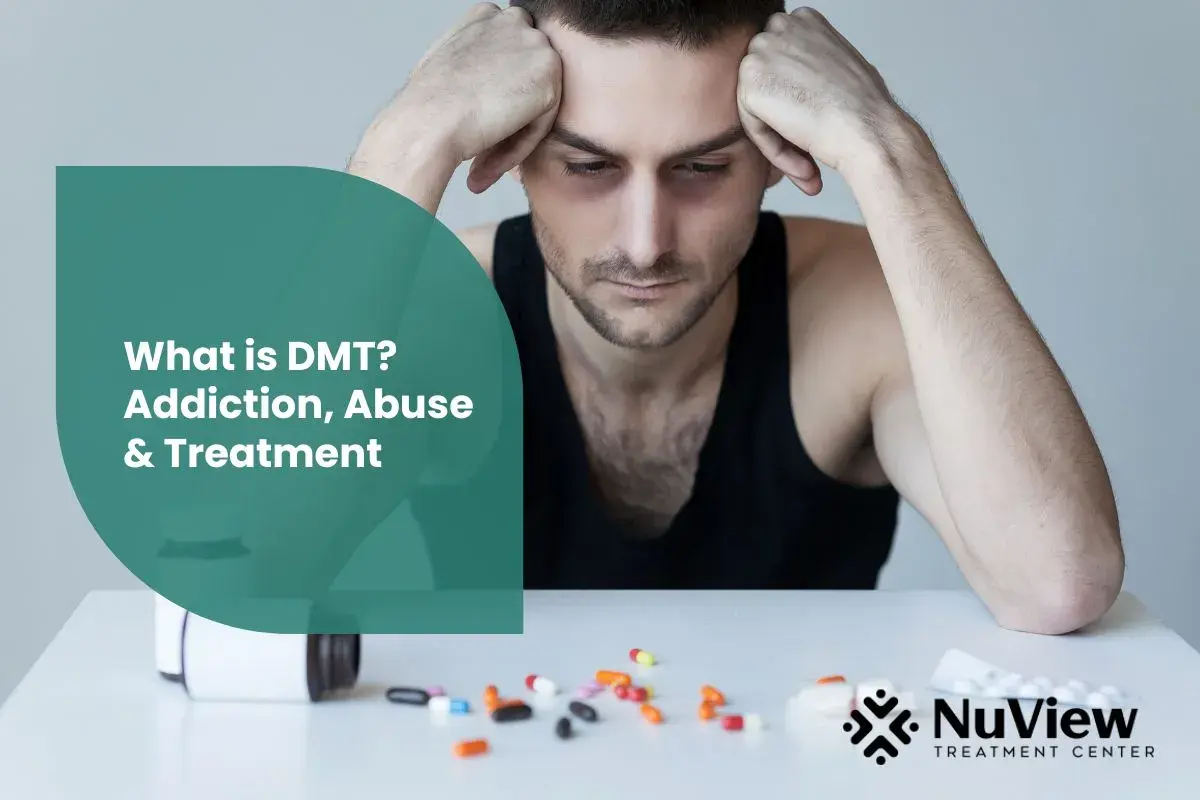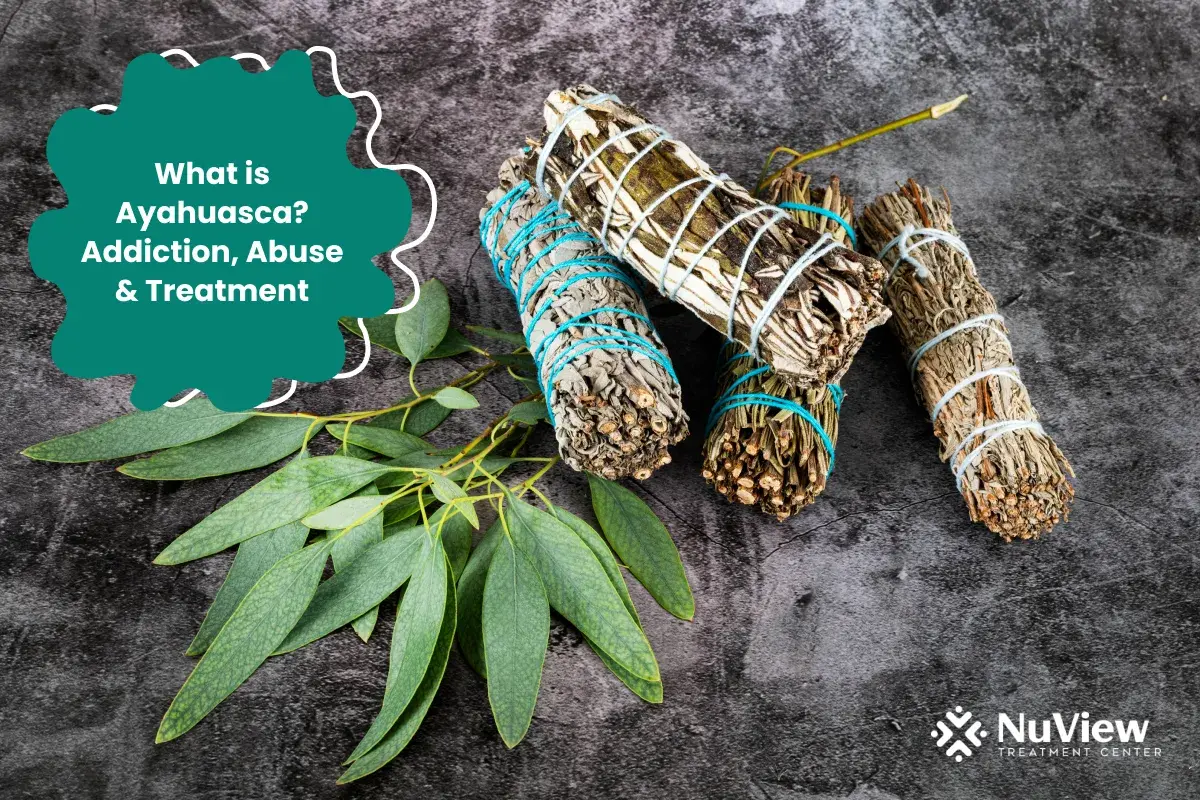Cannabinoid hyperemesis syndrome or cannabis hyperemesis syndrome is commonly abbreviated as CHS. CHS affects those who consume cannabis, also known as marijuana and weed. It is characterized by severe bouts of nausea and vomiting. The only treatment for CHS is to stop the consumption of cannabis.
At the NuView Treatment Center, we provide comprehensive and personalized treatment for our clients suffering from cannabis use, including CHS syndrome. We believe in addressing the physical and psychological aspects of cannabis use with behavioral therapies, counseling, education, and social support.
What is Cannabinoid Hyperemesis Syndrome (CHS)?
Cannabinoid hyperemesis syndrome or CHS is a condition that affects people who use cannabis. It is characterized by severe nausea and vomiting. CHS is a rather rare condition and is generally only seen in long time cannabis users. In the study, “The Prevalence of Cannabinoid Hyperemesis Syndrome Among Regular Marijuana Smokers in an Urban Public Hospital,” 32.9% of the daily or near-daily cannabis users met the general definition of CHS.
Cannabis has many active ingredients, including tetrahydrocannabinol or THC. THC binds to the cannabinoid receptors in the brain and body. When it binds to the said receptors in the brain, it leads to a high or a rush of pleasurable feelings. Now, these cannabinoid receptors are also present in the digestive tract of the body. Over time, cannabis use changes the way in which the molecules present in the digestive tract respond, leading to CHS.
What Are The Symptoms Of Cannabinoid Hyperemesis Syndrome?
While understanding what is CHS more or less answers the symptoms of cannabinoid hyperemesis syndrome, there is a need to consider CHS symptoms in a bit more in detail, as they are divided into phases:
Prodromal Phase of CHS –
It is the first phase of the CHS syndrome. It is characterized by symptoms like nausea and vomiting.
Hyperemetic Phase of CHS –
In this second phase of the CHS syndrome, symptoms intensify. Repeated feelings of nausea and repeated bouts of vomiting, stomach ache, dehydration, decreased appetite, and weight loss are observed.
The hyperemetic phase lasts for as long as a person uses cannabis. Once it ends, the recovery phase starts.Recovery Phase of CHS –
It is the phase of the CHS syndrome where there is scope for recovery. Here, a person begins to eat normally and it can last long. However, it ends and the CHS symptoms come back if the person starts using cannabis again.
Get Started With Nuview Treatment Center
Our dedicated professional staff is here to guide you or your loved one on the journey to lasting recovery, offering support every step of the way.
What Are The Causes Of Cannabinoid Hyperemesis Syndrome?
The causes of cannabinoid hyperemesis syndrome are not exactly known. Moreover, CHS does not develop in all cannabis users. One running theory is that cannabis changes how molecules in the digestive tract respond, as cannabinoid receptors are present in the digestive tract as well and are affected by cannabis use. There is also another theory, which says that CHS syndrome is the outcome of the overstimulation of the receptors present in the endocannabinoid system.
Risk Factors For Cannabinoid Hyperemesis Syndrome
The major risk factor for cannabinoid hyperemesis syndrome is long-term cannabis use, especially over 10 years. It is also regular cannabis use, especially among those who use it at least once a week or more.
Another thing that must be considered is that while not everybody who uses cannabis develops the CHS syndrome, people who started using cannabis during their adolescent years often tend to develop the CHS symptoms and condition.
Get Started With Nuview Treatment Center
How Is CHS Diagnosed?
Healthcare providers diagnose cannabinoid hyperemesis syndrome based on the symptoms. This is usually by understanding the:
- Length and frequency of cannabis use
- Feelings of nausea and vomiting and how frequent they are
- Compulsive hot bathing behaviors, as they tend to temporarily relieve CHS symptoms
- Decrease in appetite and weight loss
CHS diagnosis is not really that straightforward as it tends to get confused with another condition known as cyclical vomiting syndrome (CVS), characterized by sudden and repeated bouts of nausea and vomiting. So, to rule out any other conditions, healthcare providers also perform:
- Urine tests
- Blood tests
- Pregnancy tests
- Tests for the functioning of vital organs, like liver and pancreas
- X-rays of the stomach
- CT scan and MRI scan
What Are The Treatment Options For Cannabinoid Hyperemesis Treatment?
Taking hot baths or showers relieves cannabinoid hyperemesis syndrome symptoms for a while. However, this is very, very temporary. In fact, on the flip side, this often leads to compulsive hot bathing behaviors. So, the only way to reduce CHS symptoms is by stopping cannabis use. For this, cannabis use disorder or CUD must be addressed.
CUD is treated with psychotherapy, which involves motivational interviewing, cognitive behavioral therapy, and contingency management.
- Motivational interviewing focuses on changing the ambivalence to cannabis use and building the motivation to quit the same.
- Cognitive behavioral therapy identifies and reshapes thinking and emotional patterns related to cannabis use and helps overcome CUD.
- Contingency management uses rewards for positive behaviors, like stopping cannabis use.
Moreover, 12-step recovery programs can help in providing a safe space to share experiences, find encouragement, and take ownership of the path to one’s recovery. They help in providing the ongoing support and care needed to aid recovery and maintain long-term sobriety.
How To Prevent Cannabinoid Hyperemesis Syndrome?
There is only one way to prevent cannabinoid hyperemesis syndrome, and that is to avoid cannabis.
Avoiding cannabis is hard and overcoming cannabis use disorder is challenging. Therefore, in case of concerns for cannabinoid hyperemesis syndrome, seeking medical advice or professional help can be very useful.
Frequently Asked Questions
What causes cannabinoid hyperemesis?
Long-term cannabis use can lead to cannabinoid hyperemesis syndrome.
How long does cannabinoid hyperemesis syndrome last?
Cannabinoid hyperemesis syndrome lasts as long as cannabis use lasts.
What are the three stages of CHS?
The three stages of CHS are the prodromal phase of CHS, the hyperemetic phase of CHS, and the recovery phase of CHS.
Is CHS curable?
Yes, CHS is curable. It is by overcoming cannabis use disorder.
How long does it take to recover from CHS?
Once cannabis use is stopped, one experiences relief from CHS symptoms within 10 days or so
- What is Cannabinoid Hyperemesis Syndrome (CHS)?
- What Are The Symptoms Of Cannabinoid Hyperemesis Syndrome?
- What Are The Causes Of Cannabinoid Hyperemesis Syndrome?
- Risk Factors For Cannabinoid Hyperemesis Syndrome
- How Is CHS Diagnosed?
- What Are The Treatment Options For Cannabinoid Hyperemesis Treatment?
- How To Prevent Cannabinoid Hyperemesis Syndrome?
- Frequently Asked Questions
- What is Cannabinoid Hyperemesis Syndrome (CHS)?
- What Are The Symptoms Of Cannabinoid Hyperemesis Syndrome?
- What Are The Causes Of Cannabinoid Hyperemesis Syndrome?
- Risk Factors For Cannabinoid Hyperemesis Syndrome
- How Is CHS Diagnosed?
- What Are The Treatment Options For Cannabinoid Hyperemesis Treatment?
- How To Prevent Cannabinoid Hyperemesis Syndrome?
- Frequently Asked Questions
Get Help Today!
Everyone is Welcome Here and We All Have Your Back
Your healing journey deserves a personalized approach. At NuView, we integrate expertise in behavioral therapy, mental health, and substance use treatment to create a customized recovery plan tailored to your unique needs.
Connect with our Admissions Specialists today.







Written By
Dr. Ryan Peterson